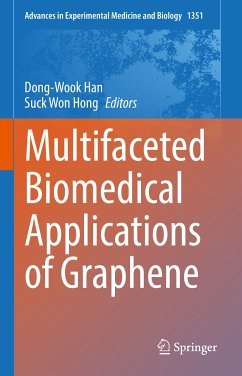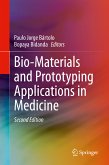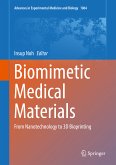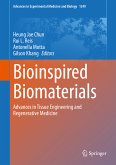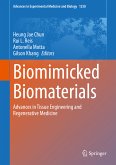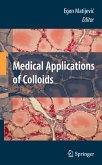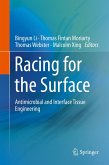This book explains the fundamental characteristics and biofunctionality of graphene-based nanomaterials and provides up-to-date information on the full range of their biomedical applications. An introductory section gives an overview of the chemical composition and physical properties of graphene and its derivatives as well as their potential toxicity and biosafety. Detailed attention is then devoted to the potential of multifunctional graphene-based nanomaterials (MFGNs) to direct the differentiation of stem cells into specific lineages and induce tissue regeneration. Here, individual chapters address the application of MFGNs for the purposes of neurogenesis, osteo- and chrondrogenesis, myogenesis, and wound healing. Subsequent sections focus on the capability of MFGNs as agents for drug delivery, bioimaging, theranostics, and therapeutics as well as their effectiveness as biomimetic platforms for nanobiosensors, biochips, medical devices, and dental applications. The book will be essential reading for graduate students, scientists, and engineers in any of the biomedical research fields in which efforts are being made to utilize novel MFGN-incorporated composite materials and develop functional devices based on them.
Dieser Download kann aus rechtlichen Gründen nur mit Rechnungsadresse in A, B, BG, CY, CZ, D, DK, EW, E, FIN, F, GR, HR, H, IRL, I, LT, L, LR, M, NL, PL, P, R, S, SLO, SK ausgeliefert werden.

